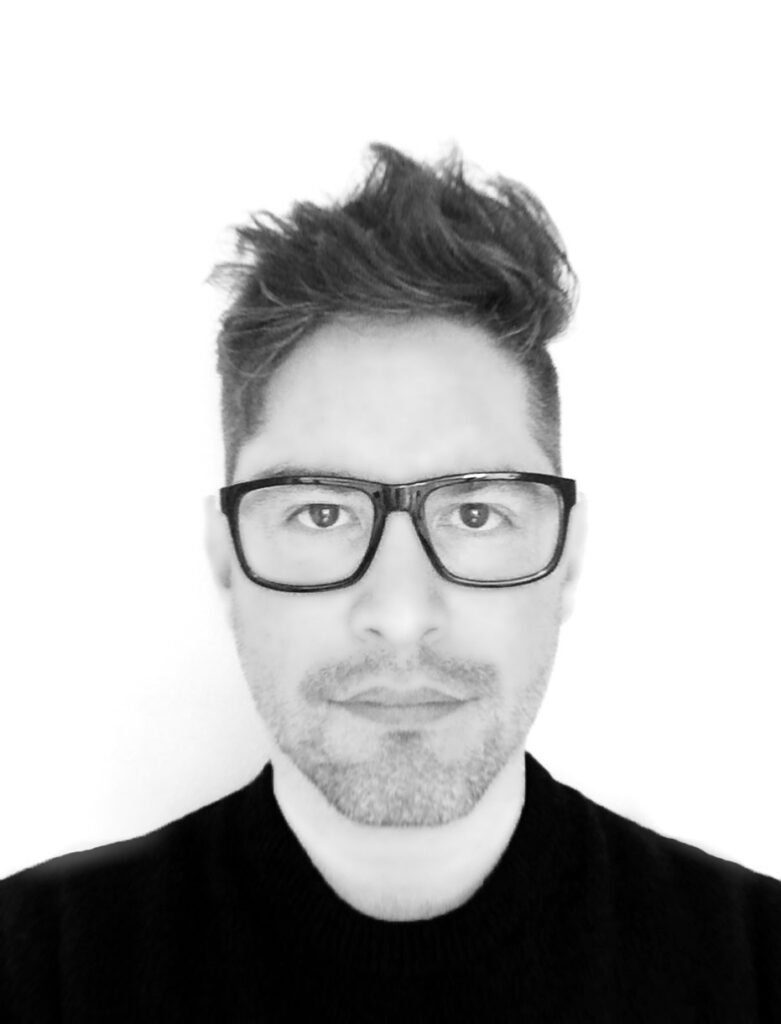
Santiago Aurelio Mota
Design Critic in Architecture
LL1.211
Santiago is a transdisciplinary educator, designer, and researcher dedicated to envisioning and realizing equitable and desirable futures for communities confronting climate change. His work is focused on knowledge co-creation in support of government entities, multilateral organizations, design and planning firms, educational institutions, and independent social organizations across Latin America and the United States. Through active collaboration, Santiago generates contributions focused on enabling built environments to adapt and thrive amidst a warming planet.
For over a decade, Santiago has led an independent architecture and urban design practice developing holistic projects across scales. This includes built work spanning community to urban scales, such as La Unidad Market, Community Center and Park in Cancún, Quintana Roo, Mexico, and Plaza Central Sisbichén in Chemax, Yucatán, Mexico. Developed in collaboration with Julian Arroyo Cetto and Danniely Staback and funded by Mexico’s federal urban development agency (Secretaría de Desarrollo Agrario, Territorial y Urbano or SEDATU), these projects integrate social equity with extreme heat adaptation and hydrometeorological resilience strategies across both built structures and extensive landscape interventions. Concurrently, he serves as a consultant within the Inter-American Development Bank’s Housing and Urban Development Division, advancing knowledge platforms dedicated to mapping the climatic futures of cities and regions throughout Latin America and the Caribbean. Santiago’s expertise is located at the intersection of architecture, urban design, landscape architecture, and urban ecology, encompassing advanced geospatial data analysis and visualization, applied diversely: contributing to urban resilience planning through the Portland Resilience Zoning initiative as a consultant with Utile; conducting ecological assessment for landscape revitalization of degraded farmland in Lake County, Illinois in collaboration with Practice Landscape; and mapping environmental constraints along the southern border to understand structural poverty for the city of Laredo as a Harvard Bloomberg Fellow. His research and cartographic contributions feature in publications such as the Inter-American Development Bank’s Ecological Design: Strategies for the Vulnerable City: Urban Green Infrastructures and Public Space in Latin America and the Caribbean, addressing green infrastructure in vulnerable urban contexts.
Santiago is a Design Critic in Harvard University’s Master of Design Engineering program, teaching across the Graduate School of Design and the John A. Paulson School of Engineering and Applied Sciences. He holds an Architecture degree from the Universidad Nacional Autónoma de México (UNAM) and Master’s degrees in Design Engineering and Design Studies focused on Energy and Environment (MDE + MDS EE) from Harvard University. His professional affiliations include the Ecological Society of America and the North American Cartographic Information Society, alongside credentials as a registered FAA Small Unmanned Aircraft System (sUAS) operator and heavy machinery operator in Mexico and France.